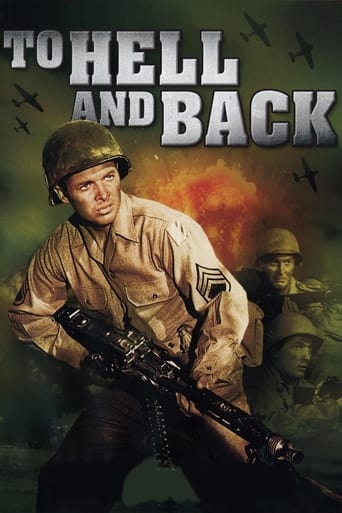


To Hell and Back
The true WWII story of Audie Murphy, the most decorated soldier in U.S. history. Based on the autobiography of Audie Murphy who stars as himself in the film.
-
- Cast:
- Audie Murphy , Marshall Thompson , Charles Drake , Gregg Palmer , David Janssen , Denver Pyle , Jack Kelly


Similar titles
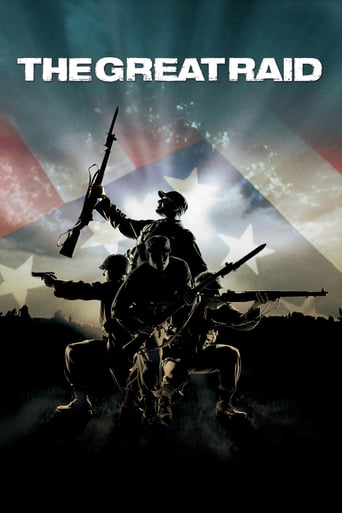
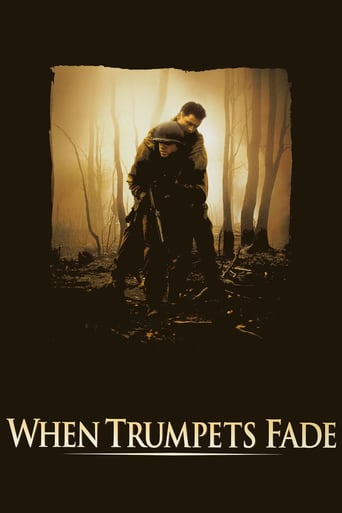
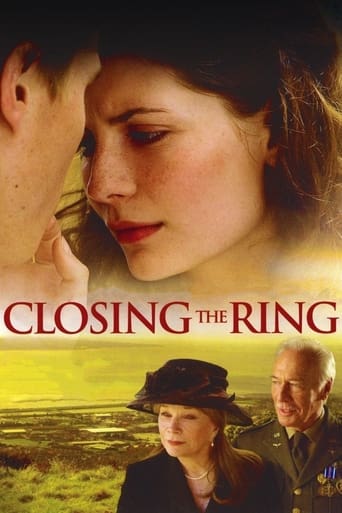
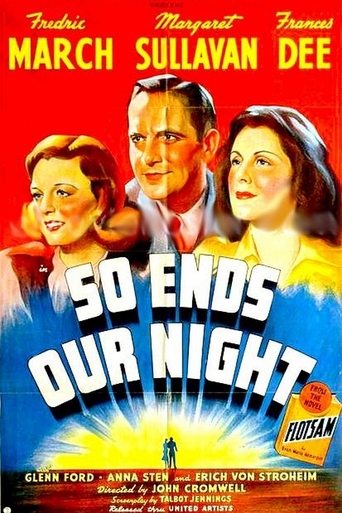
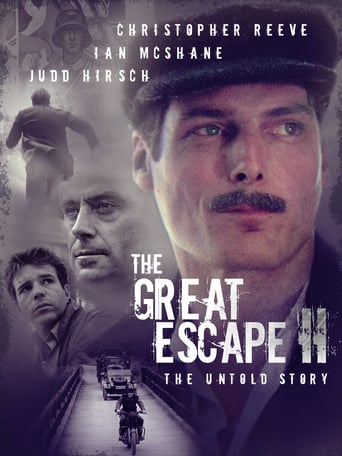
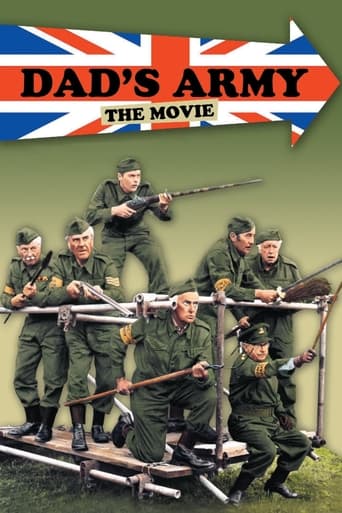
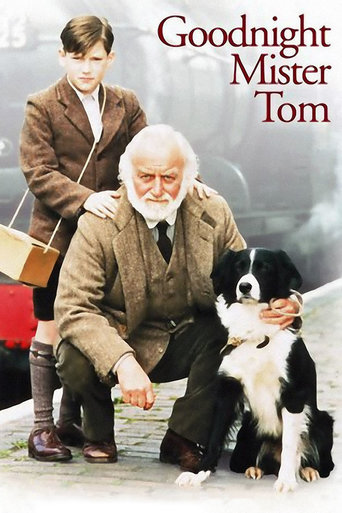
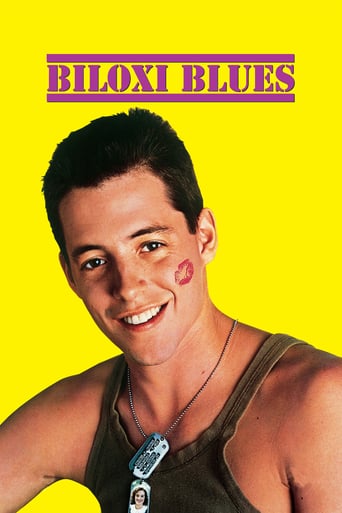
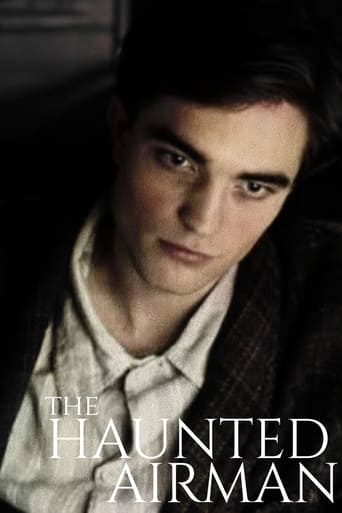
Reviews
Best movie of this year hands down!
Very best movie i ever watch
For all the hype it got I was expecting a lot more!
Crappy film
This is the thrilling and exciting true-life story of America's most decorated . The authentic WWII story of Audie Murphy , the most decorated soldier in U.S . history . Based on the autobiography of Audie Murphy who stars as himself in the film from his up-bringing as the son of Texas sharecroppers , as his mother dies and he remains orphan and caring his kiddies brothers . He , then , applied for service with the Navy , the Marines and the Army he was turned down by all three branches . However , when he joined his combat unit, one of his superiors considered transferring him out of the company for being unfit for combat . As Audie wages war in Casablanca , Tunez ; he and his detachment (formed by Marshall Thompson , Charles Drake , Jack Kelly , among others) go to Sicily , Palermo until Messina . Later on , they land at Salerno , Naples , Anzio and MountCassino . After that , Murphy and his III Infantry Division formed by valiant ¨Dogfaces¨ (it was a term used during World War II to describe US Army combat infantrymen) disembark in France where take place other bloody battles . As Audie takes on hundreds of enemy soldiers with a machine gun mounted on a tank and he fought in seven major campaigns during World War II . Acceptable picture based on actual events about about Audie Murphy who plays himself following his Army career in WWII . Murphy won more tan 20 medals , being the most decorated American soldier , including the Congressional Medal of Honor and he was also awarded five decorations by France and Belgium . Features impressive as well as realistic battle scenes punctuated with great heroics sequences . This rendition of Murphy autobiography was professionally directed by Jesse Hibbs and it was a box-office hit for Universal Pictures and its record was apparently not broken until Jaws (1975). Hibbs was an American director of second features , primarily westerns , at Universal in the 1950's . Being especially known for TV series as ¨Perry Mason¨ (1957) , ¨Gunsmoke¨ , ¨Laramie¨ and ¨F.B.I.¨ (1965) as well as Westerns and Thrillers . He directed various Audie Murphy vehicles such as : this ¨To hell and Back¨ (1955) , ¨World in My Corner¨ (1956) , ¨Ride a Crooked Trail¨ (1958) and ¨Medal of Honor¨ .Based on facts , these are the following ones : The film describes especially the Italian campaign , when Eisenhower and the Allied command is convinced by Winston Chuchill and his General Brook to carry out the Italian invasion . Then , there takes place the ¨Husky Operation¨ (July , 1943) , but it didn't coordinate Montgomery's 8ª Army and Clark's 5ª Army against German General FeldMarschall, Albert Kesselring , and it resulted in a disaster . Kesselring designs the impregnable ¨Gustav line¨ in South Rome and the main bastion : Montecassino . Then , there happens the famous disaster of Anzio and Nettuno under command of General John Lucas . The Allied army formed by 28 Divisions have a hard and complex mission to their destination .
Audie Murphy was never much of an actor. The only movie he starred in that is worth watching is "To Hell and Back," in which he does a decent job of acting, though one suspects that other actors could have done much better. And yet, the movie just would not have been the same without him.In the book on which this movie was based, Murphy referred to his "thin frame and cursed baby face," which made his commanding officer want to keep him away from the front, giving him light duty, but Murphy kept sneaking off with patrols and scouting parties. Eventually, the company commander gave up and put Murphy back in the front lines. Because our idea of a hero is someone who looks like Rambo, Murphy would never have been cast in this part had the movie been fictional. Even knowing that the movie was based on a true story, the audience might still have been incredulous had a little man with a baby face other than Murphy played the part. Imagine Elisha Cook, Jr. in that role. But by having Murphy play the part himself, we are forced to accept the fact that the kind of actor who plays the hero in a typical movie and the kind of man who is a real hero can be two very different things. And when we reflect on the fact that Murphy was thirty years old when he made the movie, we realize he must have really looked like a baby when he enlisted at the age of seventeen.We all know that movies often diverge from the books they are based on, and so we usually just assess the movie on its own terms. There is one event described in the book, however, that is worth calling attention to, especially since almost no one has read it. Early in the war, when Murphy's company is in Sicily, they come across a couple of Italian officers. Murphy describes the magnificent white horses the Italians mount and on which they ride away. Murphy raises his rifle, fires twice, killing them both. The lieutenant is appalled. He asks Murphy why he did that, saying he should not have shot them. Murphy argues back, telling the lieutenant that that killing the enemy is "our job." Murphy notes that new men are trained to talk tough and act tough, but it takes a while before they accept the fact that they are supposed to "deal out death," and that the lieutenant had not yet accepted that fact.The Italian officers were the first two men Murphy killed, and it is the most unforgettable passage in the book, but there is no mystery why it never made its way into the movie. Generally speaking, we do not like to see our heroes shoot retreating men in the back in cold blood. In most war movies, bullets are flying back and forth, and so it is kill or be killed. But Murphy's life was not in danger when he pulled the trigger. Better still, we like it when something happens that makes the war personal. Later in the movie, in the scene where Murphy charges up a hill and singlehandedly takes out two machine gun nests, what precipitates his heroism is the death of his friend, which makes him angry. But Murphy was not angry when he killed the Italian officers.There is another reason why that event never made it into the movie. There is an unwritten law that in any movie set during World War II, under no circumstances will an American soldier be seen killing Italians, just as there must be no scene of Italian soldiers killing Americans. Granted, the early surrender of the Italians made the occasion for killing or being killed by Italians infrequent, but not so infrequent that the occasion did not occur in Murphy's case. The Italians did not sneak attack us at Pearl Harbor, and the Italians did not run camps like Auschwitz. They were a pipsqueak nation that never had much of a chance to do anything to us, and so we suppress combat scenes between American and Italian soldiers.Along these lines, in the typical combat movie made during World War II, there is the obligatory ethnic diversity: an Anglo-Saxon officer, a Mexican, a Pole, an Irishman, an American Indian, and always an Italian. We never see German-Americans or Japanese-Americans as part of the mix. Though a lot of Japanese-Americans were sent to concentration camps, euphemistically referred to as relocation centers, some still did serve in the American armed forces. But we don't see them so much in the movies (though reference is made to one having done so in "Bad Day at Black Rock" (1955)). But no combat movie is complete without an Italian as part of the company, America's way of saying that the Italians were really not evil, they just got tricked by Mussolini.Even if there is a remake of this movie, I doubt that Murphy's killing the Italian officers would be depicted in it either. In fact, such a remake would undoubtedly have a scene showing Murphy suffering from PTSD after the war was over (regardless of whether that was true or not). In the 1950s, we were perfectly comfortable with the idea that soldiers fought World War II with a clean conscience. Today, that might disturb us, especially after seeing him kill in cold blood.
If you can accept a 30 year-old Audie Murphy playing himself at 18 in this 1955, WW2, Bio-film, then I'm sure you won't be at all disappointed by To Hell & Back.As far as war pictures go, To Hell & Back's story is a fairly interesting one. This film's a pretty accurate tale covering Murphy's 3-year military career where, through the merits of bravery, he eventually became one of the most highly decorated American soldiers to ever serve in the 2nd World War.In 1945 Murphy was ceremoniously awarded the Congressional Medal of Honor.To Hell & Back is basically a wartime "buddy" picture of loyalty and heroism. It proudly boasts of the glory of American patriotism (right to its very core).*Notes of interest about Audie Murphy* - (1) Following his service in the war, Murphy successfully pursued an acting career which lasted for 20 years (from 1948-1969). In that period of time Murphy appeared in 40 pictures, all of which were either Westerns or War pictures.(2) Murphy, who suffered from post-traumatic stress following his military service, always slept with a loaded pistol under his pillow.(3) In 1971, Murphy (45 at the time) was tragically killed when the private plane he was travelling in crashed (due to poor visibility) into Brush Mountain in Virginia.
In this story about the most decorated hero of WWII, Audie Murphy plays himself as only he can. He also conveyed the fact that anybody from the back of nowhere...and his boyhood in Texas seems to have been spent there...can really make something of himself, especially a great contributor to society by fighting diligently for his country. I've always wondered what some of the top-ranking officers of the various branches of the Armed Forces later thought after they rejected him, simply because they felt the boyish-looking young man was too small to even coming close to qualifying for military service, and moreover receiving the Congressional Medal of Honor. He was...as he should have been...a consummate actor in this role. The movie was not without excitement and realism, since there was so much fighting...which took place in Germany, Italy, and North Africa...that was convincingly depicted. Susan Kohner was excellent in the role as his lover, and Charlie Drake acted well as his very good camrade and friend; Murphy grieved when he was fatally wounded. Here early in his career David Janseen played his role well as a soldier also. Additionally, .Jack Kelly and Denver Pyle gave good support in their roles. The scene which stood out in my mind was the one where Murphy "mowed down" several Germans while standing on a tank which was about to explode. The stark realism of war, the familial struggles among the soldiers themselves, as well as the story of the man Murphy himself were all portrayed well in this superior biopic.
